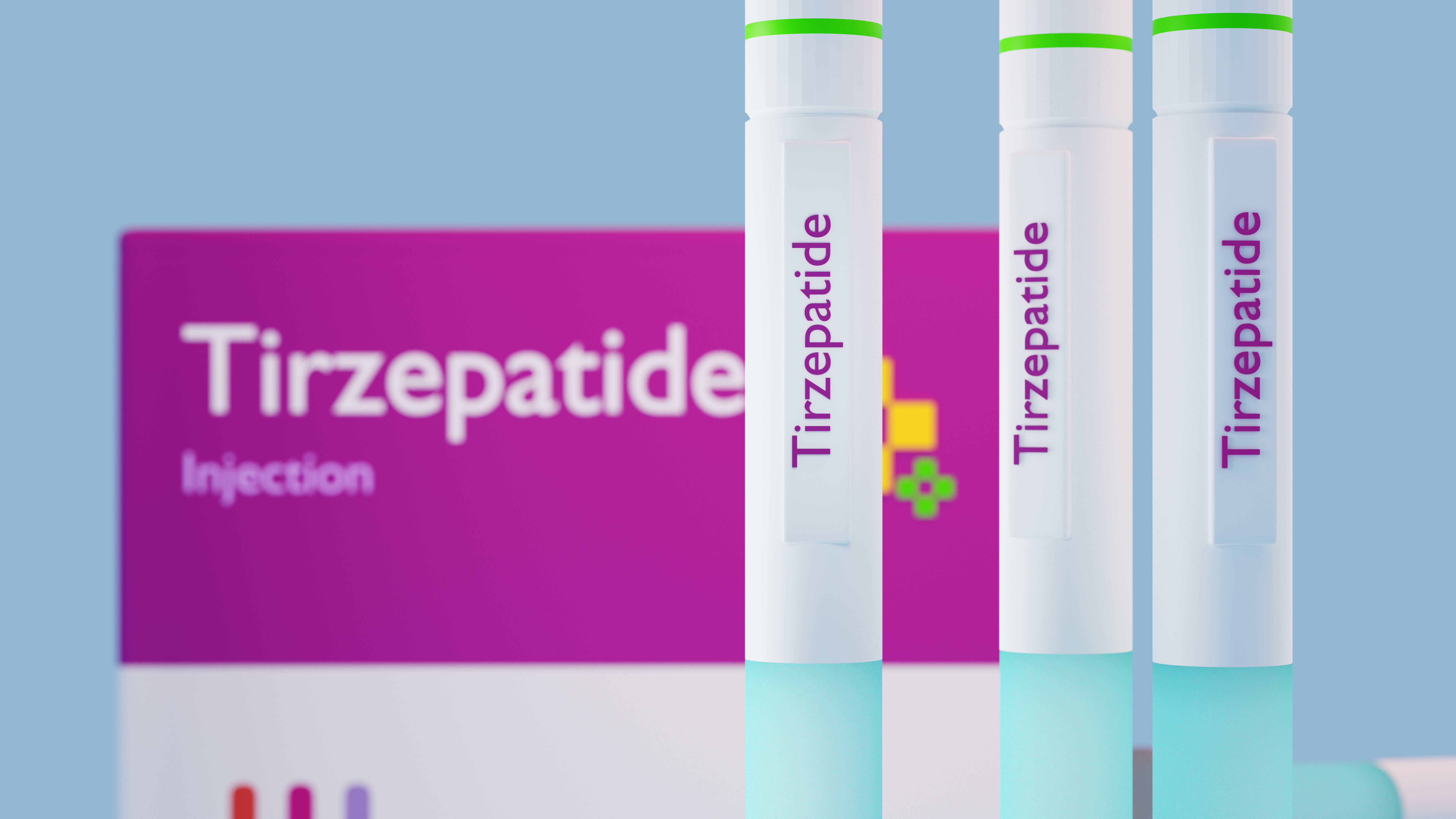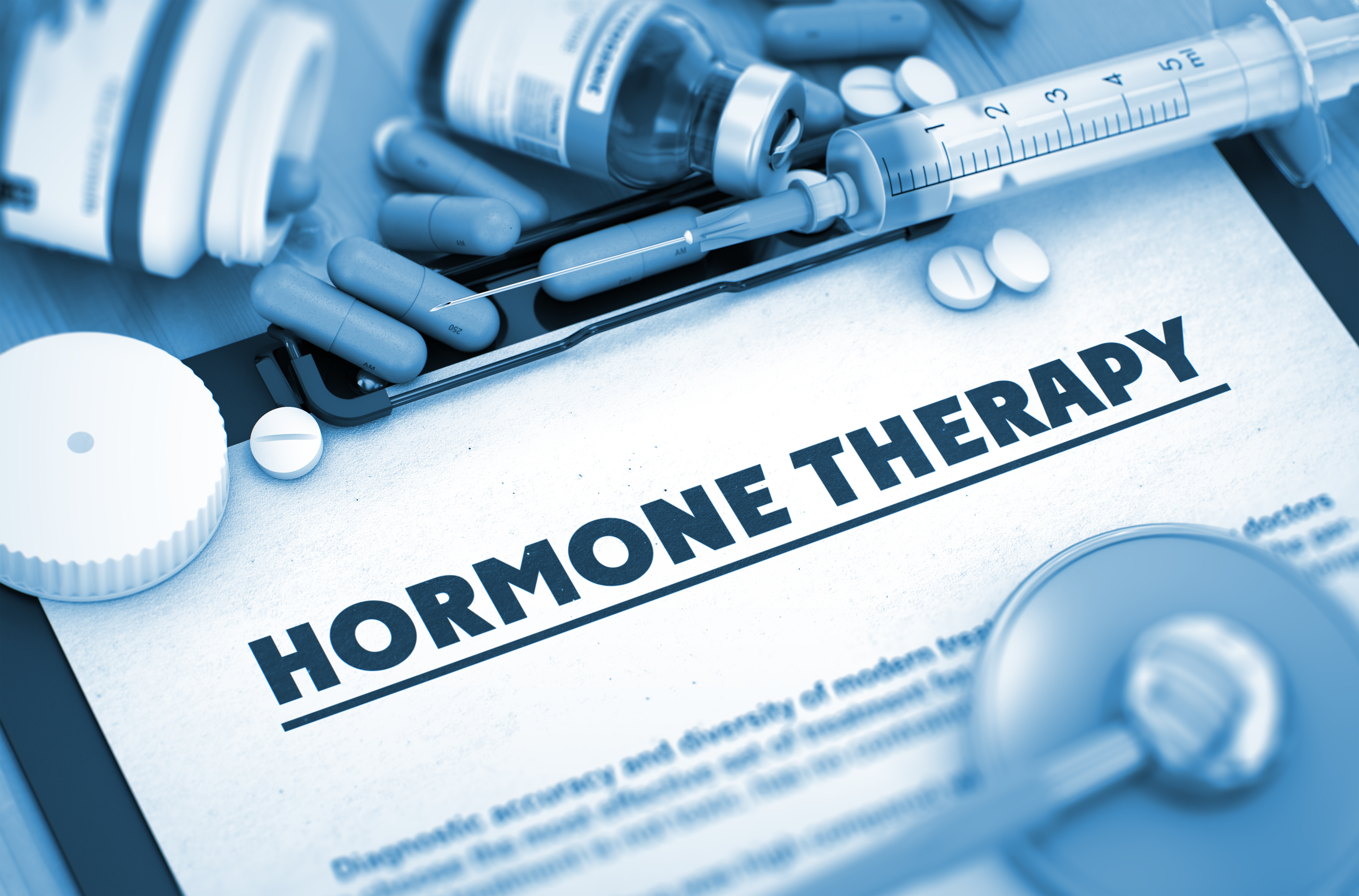There are powerful forces at work in your body, and they can make or break your weight loss journey. These forces are called hormones, and although an unseen force to be reckoned with, they can significantly impact your body.
Hormones aren't just something teenagers deal with while going through puberty. They also aren't just something women battle when going through menopause. Hormones are at work within every living being, whether they notice them or not. Hormonal health is essential for overall health, especially regarding weight. Food and exercise don't just affect your calorie count—they also affect your hormone levels. So, if you want to look and feel your best at every stage of life, you'll want to ensure your hormonal health is looking good.
Which Hormones Impact Body Weight?
Here are some of the hormones you'll want to keep an eye on that contribute to your weight:
Progesterone
Although progesterone is a hormone well associated with women's sexual and reproductive health, it can also help improve various factors that affect weight, such as:
- Sleep patterns
- Mood steadiness
- Metabolic rate
- Blood pressure
- Immunity
- Bone production
- The body's use and elimination of fat
- Thyroid function
If you don't have a healthy balance of progesterone, you're likely going to suffer from at least one of the many symptoms listed below.
Low Progesterone Symptoms |
||
|
Emotional and Mental Symptoms |
Physical Symptoms |
Sleep Disturbances |
|
|
|
Low progesterone can stem from issues with your menstrual cycle, hypothyroidism, low cholesterol, and increased cortisol, among other causes.
Insulin
People suffering from diabetes aren't the only ones who need to be concerned about their insulin levels. Insulin is a hormone that is secreted by the pancreas. Its primary function is to regulate glucose levels in the body and promote fat storage, specifically around the belly.
Foods that tend to promote an increase in insulin secretion are sugars and white refined flour. This is why it's not uncommon to see people with diabetes using sugary snacks to treat lows and avoiding bread products to ensure they don't deal with extremely high blood sugar levels.
Cortisol
Cortisol is well-known as the stress hormone. This hormone goes hand in hand with insulin, and it can make weight loss or gain difficult. When cortisol levels rise with stress, insulin also tends to rise.
Cortisol is also typically to blame for "stress eating." It's all too common to fall prey to overeating when we feel stressed, and that just doesn't bode well for those of us trying to lose weight.
Glucagon
Glucagon is known as the enemy of insulin, as it can have the opposite effect of insulin in your body. Typically, if insulin is down, glucagon is up. If insulin is up, glucagon is down. Glucagon is well known for its ability to burn fat, which is secreted when you consume protein. This is why higher protein intake is encouraged when you're trying to lose weight.
Estrogen
Estrogen is beneficial in maintaining skin firmness and elasticity in post-menopausal women. It can also alleviate vaginal dryness that accompanies menopause and is also essential for immune system functioning.
Estrogen helps with:
- Reproductive system development and function
- Bone health
- Cardiovascular health
- Brain function
- Skin health
- Mood regulation
- Blood clotting
- Urinary tract health
Many women don't realize their estrogen is low, as symptoms can be weird or even seemingly related to something else. Many may not consider low estrogen as a culprit, as you may not be in menopause. However, you can have low estrogen during perimenopause, as well as due to other medical reasons.
Low Estrogen Symptoms |
|||
|
Physical Symptoms |
Emotional and Mental Symptoms |
Sexual Symptoms |
Cardiovascular Symptoms |
|
|
|
|
Low estrogen can result from aging but also from genetic disorders, autoimmune disorders, and eating disorders. There are also several other health conditions that can influence estrogen levels, as well as treatments such as chemotherapy.
Balancing Your Hormones for Optimal Health
Since hormones affect every aspect of your health, you want to ensure that they are balanced. Here are a few things you can do to balance your hormones:
- Eat enough protein during every meal.
- Cut down on insulin-stimulating foods such as sugar, processed flour, and alcohol.
- Exercise regularly to stimulate healthy hormones and reduce harmful levels of other hormones.
- Incorporate essential fatty acids into your diet such as fish, nuts, and seeds.
- Learn to manage your stress to level out cortisol.
- Stay hydrated by drinking water throughout the day.
- Avoid under-eating and overeating to keep balanced insulin levels.
- Drink 1-3 cups of green tea a day to boost metabolism and lower cortisol levels.
- Aim for at least 7 hours of high-quality sleep every night to restore your body.
- Eat fiber-rich foods daily to protect against insulin resistance and overeating.
Rediscover Hormone Harmony With TransformYou
The symptoms above are all signs of hormone imbalance. How many have you experienced? Fortunately, you are not alone. Numerous individuals undergo hormone imbalances at various stages of their lives and proactively work towards restoring their bodies' equilibrium. You’d be surprised at just how quickly you can restore your body’s natural hormone balance with the right hormone replacement therapy.
To get started, fill out a consultation request form. We serve patients in the Phoenix area, including Tempe, Chandler, Gilbert, Mesa, Scottsdale, Ahwatukee, Peoria, Glendale, Avondale, and Fountain Hills. All patients always work directly with one of our licensed physicians to ensure patient safety and confidentiality.
Read next in Medical Weight Loss

Is Semaglutide the Best Option for Medical Weight Loss in Tempe, AZ
By Dr. Robb Bird

Metabolic Flexibility: What It Is & How to Train for It
By Dr. Robb Bird

Tirzepatide FAQ: Start Here
By Dr. Robb Bird
Medically reviewed by Dr. Robb Bird, NMD FAARM
Medical Director, Transformyou
